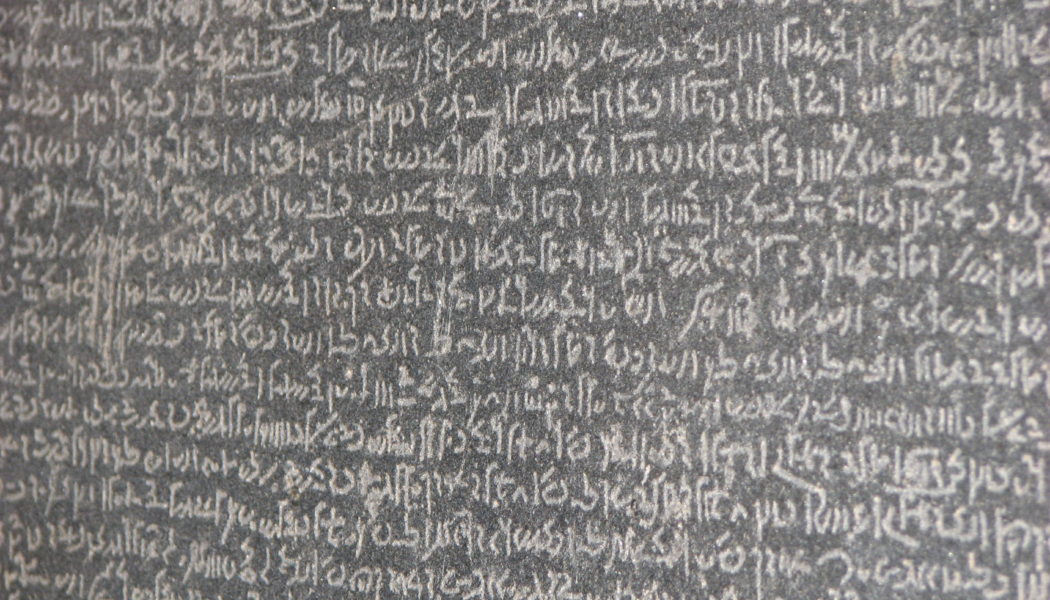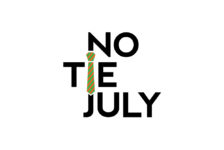Last week, we received the long-awaited test results from Gary’s full genomic analysis. The analysis of millions of base pairs and thousands of genes is something of unknown value and significant cost that insurance does not cover. It’s the priceless Rosetta Stone of Gary, but when it comes to his kidney cancer, that huge pile of data does not yet translate into understanding.
For years, when other patients asked me, “Why is my husband’s kidney cancer so aggressive,” and “Why didn’t my cancer respond to radiation like Gary’s did,” I’ve had to answer that every kidney cancer is different at a genetic level in a way we don’t really understand yet. The genetics of each person’s kidney cancer is a foreign language, and we lack the research to translate the findings into a treatment plan.
While other cancers have tumor tests that guide the oncologist in the selection of drugs most likely to work, kidney cancer is far behind. Kidney cancer has nine approved drugs, but there is not one single biomarker to personalize the treatment choice. Finding an effective treatment is still trial and error for each patient.
Gary has had three separate kidney cancers, and he had three relatives on his father’s side with kidney cancer and three with melanoma. Obviously, there is a genetic link, but he has tested negative for all known kidney cancer genes. Even after going through a study at NIH, we still don’t know what that gene might be.
So we invested in hope and a copy of Gary’s DNA, his Rosetta Stone that holds the answers to curing his cancer and preventing it in his relatives. For now, however, we wait for the translation so Gary’s doctor can determine which drug has the best chance of helping him. And just as important, this data holds the secret to screening other members of his family who might be at risk so that a kidney cancer could be detected early.
Along with all of the other kidney cancer patients, their friends and families, we wait for research progress. Please continue to support KCCure in our work to support the research that can eventually find translations for every patient and the cure that we know is there, waiting to be discovered.









